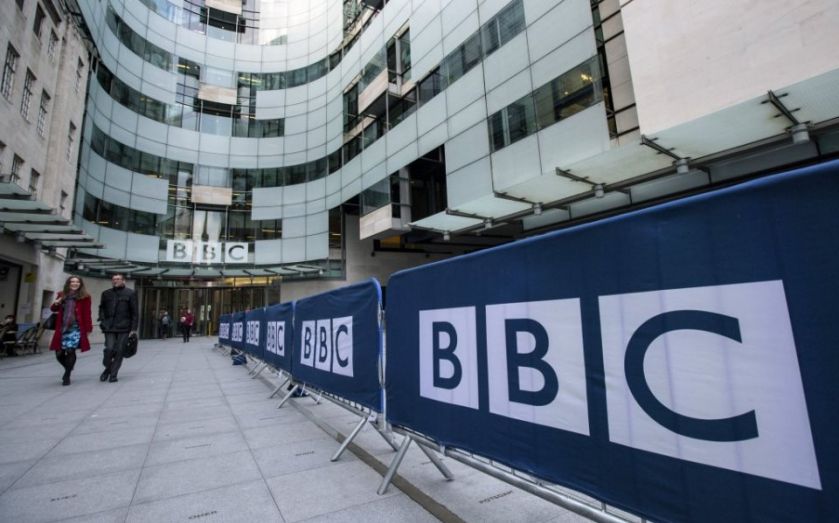Culture secretary John Whittingdale unveils green paper to look at future of BBC funding

Culture secretary John Whittingdale has unveiled a green paper on the future of the licence fee, suggesting it could become a household levy of a subscription service in the long term.
This comes as an independent review headed by David Perry QC found it should still be a criminal offence to not hold a TV licence.
This will aggravate Tory backbenchers, who have said it is "ridiculous"" that failing to pay the TV licence is a criminal offence. Michael Gove, the justice secretary, yesterday suggested he would like to see the licence fee decriminalised to ease the burden on magistrates, with the offence counting for 10 per cent of court cases in the UK.
Read more: TV licence offences responsible for a tenth of all UK court cases
The Conservatives tried to decriminalise the licence fee in the last Parliament but were blocked by the House of Lords.
Under the present system of licence fee collection, the current sanctions should be maintained as "appropriate and fair", representing "value for money for licence fee payers and taxpayers," Perry said.
Whittingdale said of this review:
I am most grateful to David Perry QC for producing a very thorough analysis of the practicalities and consequences of decriminalisation. This is an issue which we will wish to consider carefully as part of the Charter Review and this report will be an important contribution to that.
The culture secretary pointed out the last time the BBC did a charter renewal, technology was in its infancy, and that it now faces unprecedented change. The rise of the internet and streaming services means the principle of "universality" should be questioned.
We must at least question whether the BBC should try to be all things to all people.
The licence fee is also regressive, as it is levied at a flat rate, Whittingdale said. While subscription could work in the long term, three options could work now:
- A reformed licence fee
- A household levy
- A hybrid fee
Viewers could be asked to pay a premium for content such as drama or sport, with a licence fee holder receiving a "core" service.
The BBC have responded with a report, arguing it is not for politicians, but for the public to decide:
As the Director-General said on Tuesday, the BBC is not owned by its staff or by politicians, it is owned by the public. They are our shareholders. They pay the licence fee. Their voice should be heard the loudest.